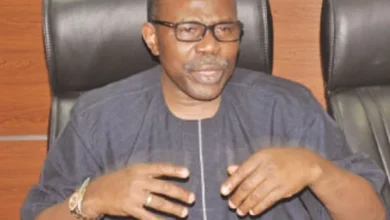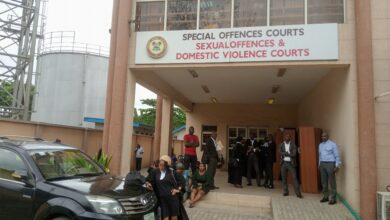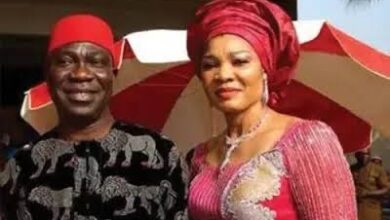
The Community Court of Justice of the Economic Community of West African States (ECOWAS), sitting in Lagos, has commenced proceedings in a fundamental human rights suit filed by the Incorporated Trustees of the Socio-Economic Rights and Accountability Project (SERAP) against the Federal Government of Nigeria (FGN), even as it delivered judgment in a separate case involving Ghanaian musician Charles Nii Armah Mensah, popularly known as Shatta Wale.
In the SERAP matter, heard by a panel led by the Court President, Justice Ricardo Cláudio Monteiro Gonçalves, with Kehinde Oyewunmi representing SERAP and Okoye Princewill appearing for the Federal Government, proceedings began with the FGN seeking an extension of time to respond to the suit.
The motion, which went unopposed, led the Court to direct both parties to present oral submissions on their applications.
SERAP’s counsel informed the Court that the suit, filed on January 9, 2025, challenges the legality of Section 24 of the Cybercrime Act, which the organization claims has been weaponized by law enforcement to stifle freedom of expression.
Mr. Oyewunmi urged the Court to declare the provision inconsistent with international human rights norms, highlighting the evidence contained in an affidavit and a factual narrative submitted by SERAP.
He also argued that the ECOWAS Court has jurisdiction over the matter, and that the suit is admissible.
Read Also: ECOWAS Court Dismisses Suit Seeking Yoruba Self Determination
The Federal Government, through Mr. Okoye, countered by questioning the Court’s jurisdiction to interpret domestic legislation and contended that SERAP had failed to present concrete evidence of rights violations. He described the claims as speculative and based on unverifiable online sources in a media landscape plagued by fake news. The FGN thus urged the Court to dismiss the application.
Justice Gonçalves noted that judgment would be delivered at a later date, as digital rights and free speech continue to stir public interest in Nigeria.
Meanwhile, the same Court, in Case No. ECW/CCJ/APP/25/24, has delivered judgment in the matter of Charles Nii Armah Mensah v. Republic of Ghana and Gaming Commission, dismissing the musician’s claim of discrimination.
Shatta Wale had alleged that a Ghanaian gaming company denied him an endorsement deal due to a prohibition under Guideline VII of Ghana’s Advertising Guidelines, which bars celebrities from advertising gaming products—a move he claimed violated his right to non-discrimination.
However, the Court found that Mr. Mensah failed to present adequate evidence to support his claim. It held that he neither identified the gaming company involved nor produced proof of communications or governmental directive backing his allegations. Furthermore, the Applicant failed to show that other celebrities had been treated differently in similar circumstances.
While the Court affirmed its jurisdiction and found the application admissible, it dismissed the case in its entirety for lacking merit.
The judgment was delivered by a panel comprising Hon. Justice Ricardo Cláudio Monteiro Gonçalves (Presiding), Hon. Justice Sengu Mohamed Koroma, and Hon. Justice Dupe Atoki (Judge Rapporteur).
These two cases underscore the ECOWAS Court’s active engagement with digital rights, non-discrimination, and the intersection of domestic law with international human rights obligations.







